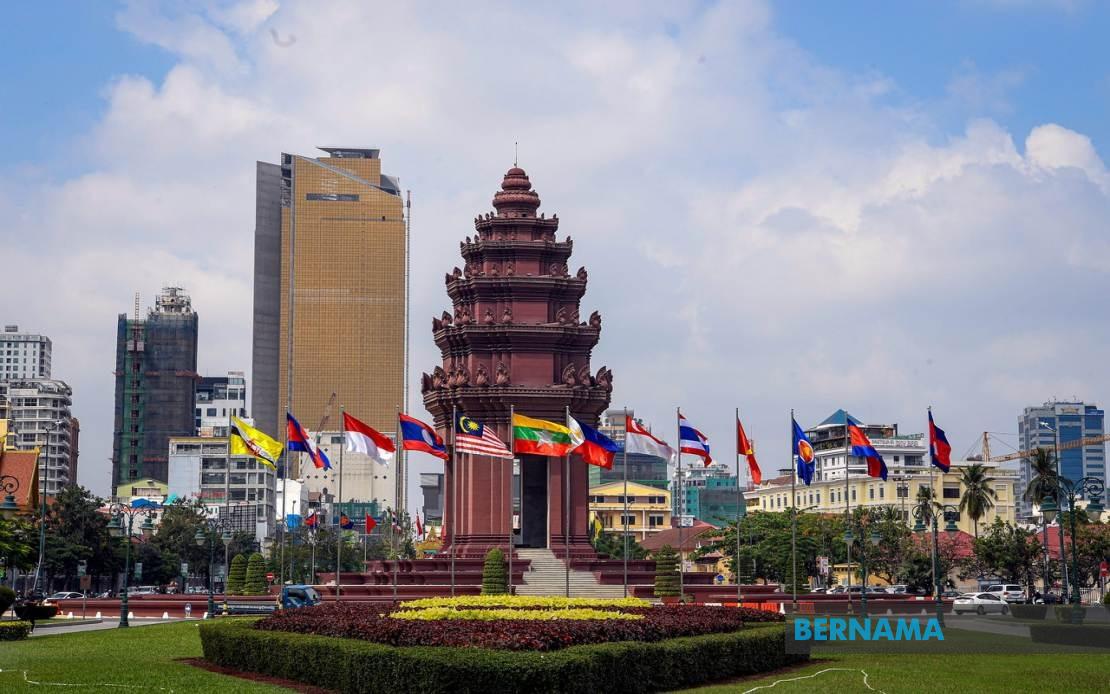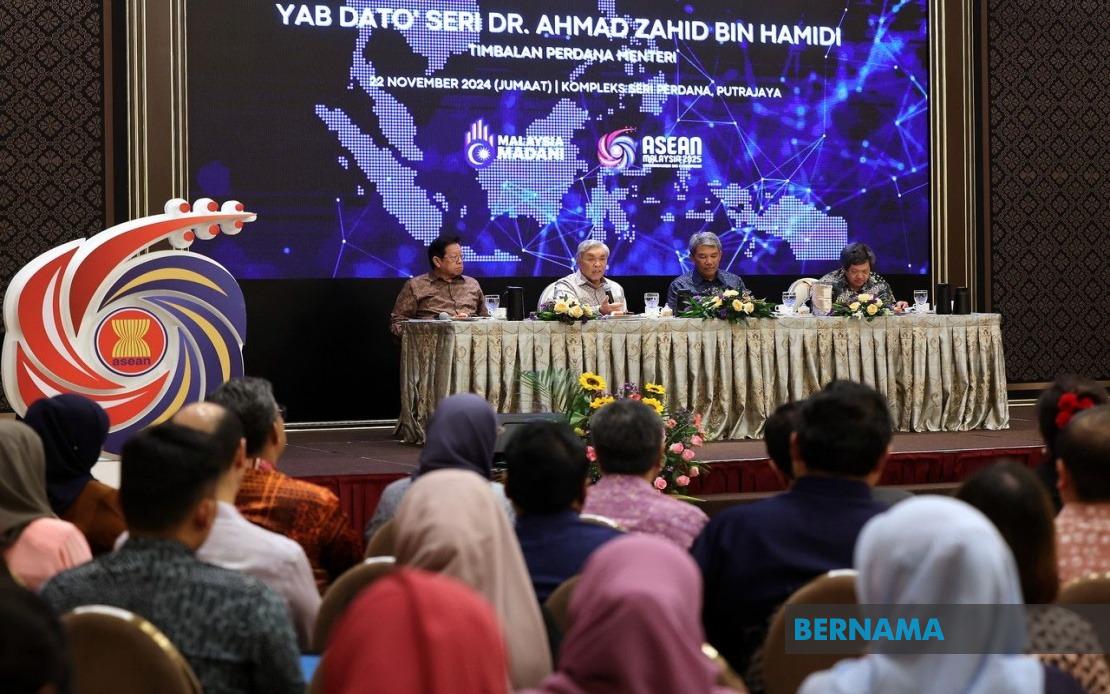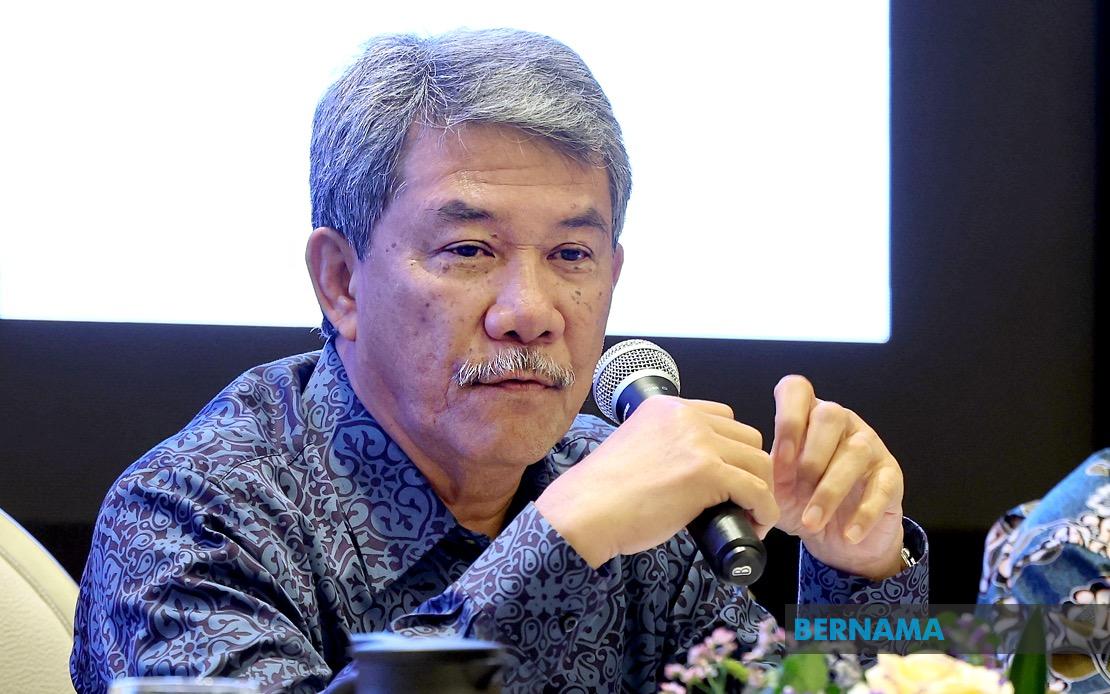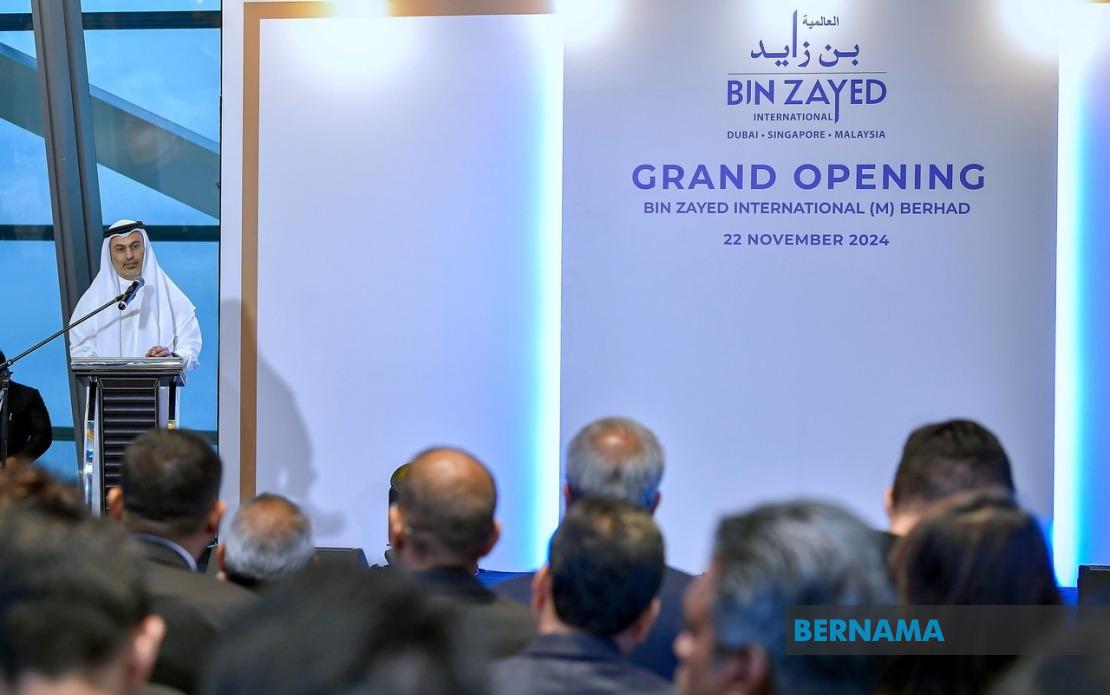CALL FOR FILM INDUSTRY PLAYERS TO UTILISE ASEAN-COCI PLATFORM, CULTIVATE ASEAN CINEMA CULTURE
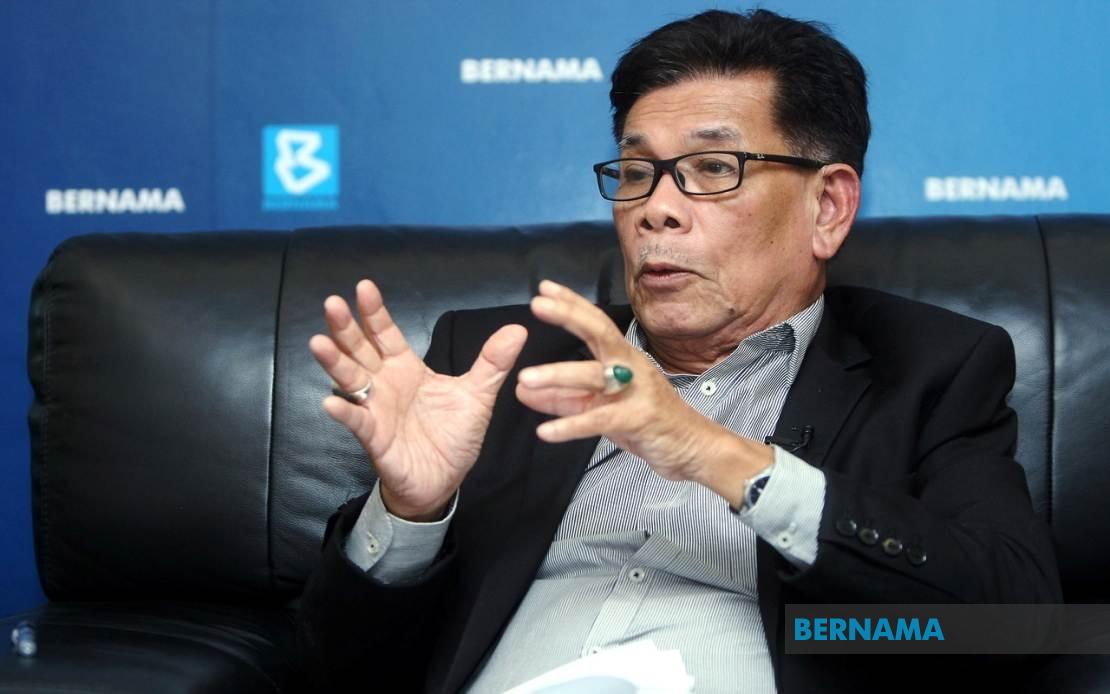
KUALA LUMPUR, Nov 7 (Bernama) -- Film industry players in the country are advised to fully utilise the ASEAN Committee on Culture and Information (ASEAN-COCI) platform, which could serve as a channel to cultivate ASEAN cinema culture and, at the same time, enhance appreciation for films from ASEAN countries.
Professor Dr Mahadi J. Murat, a Communication and Film Studies lecturer at Universiti Malaya-Wales (UM-Wales), said this would align well with Malaysia’s ASEAN Chairmanship in 2025.
“...we can organise several exchange programmes, collaborations, or joint ventures, in addition to the media exchange platform, to promote and popularise our artistes and works across ASEAN countries.
“If we could attract even one million viewers, it would put us back on track. This is what countries outside the ASEAN region, such as Korea, Japan, and China, have done,” he said when featured on Bernama TV’s Ruang Bicara programme last night.
He said that strengthening ASEAN cinema culture would position Southeast Asia as a significant force in the global content transformation.
“In the ASEAN region, for example, we have 760 million people. This is a potential market that should be our target.
“I believe that if we can produce films based on our own identity, we will create an ecosystem that can attract audiences throughout Southeast Asia, while simultaneously strengthening our position on the international stage,” Mahadi said.
As such, he also emphasised the importance of Malaysian films to reflect Malaysia's identity so as to ensure high market value.
“We should focus on telling our own stories, not mimic Hollywood films. We can learn from Hollywood's techniques and knowledge, but the content and the idea that we want to highlight must reflect our identity, values, and inspirations.
“All of this depends on how we can translate the funding provided into competitive products (films), while also involving foreign investors and corporate bodies in the film industry, rather than relying solely on existing industry players. This is important in our efforts to expand the ecosystem and boost our film industry,” he said.
In Budget 2025, the government has allocated RM160 million for the implementation of various initiatives benefiting the creative industry players, with the aim of supporting local creative talents and encouraging the production of more local artworks.
Mahadi also described the allocation of RM50 million to Dewan Bahasa dan Pustaka (DBP) as a clear signal for the agency to give serious attention to culturally-based content.
“Among the activities that may be carried out is the adaptation of original works that can be transformed into meaningful and beneficial local content.
“When a novel is adapted into a film, the novel should serve as the source material that is translated into film form, and it must adhere to the characteristics, language, and cinematic storytelling methods, without being strictly bound to the original script,” he explained.
-- BERNAMA
